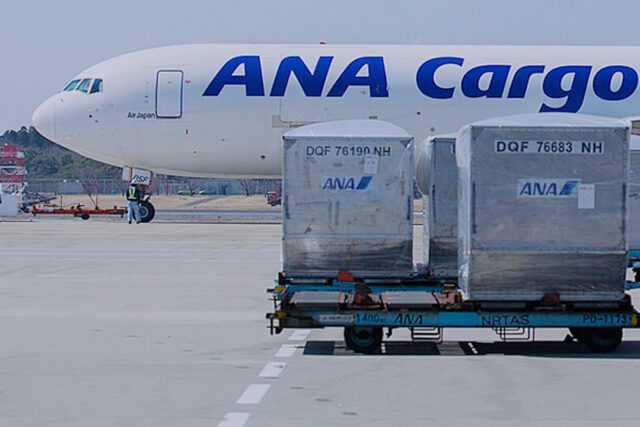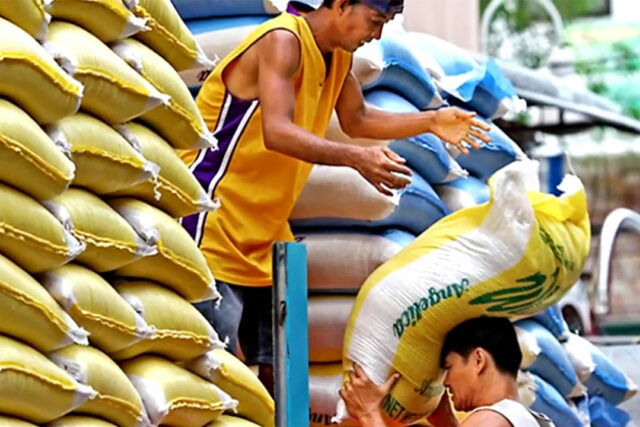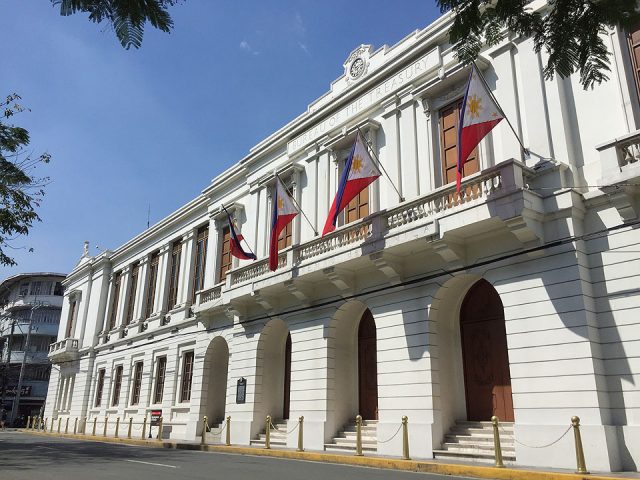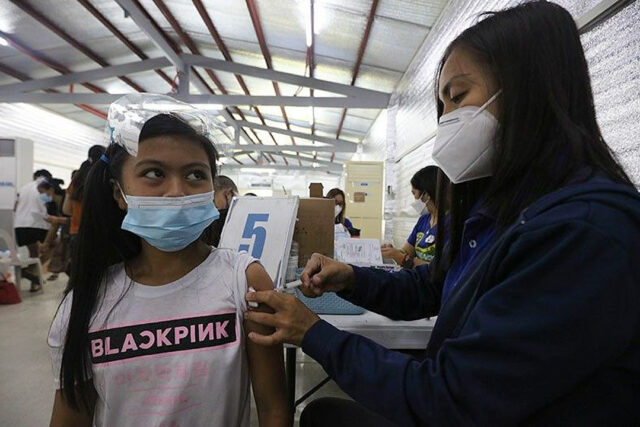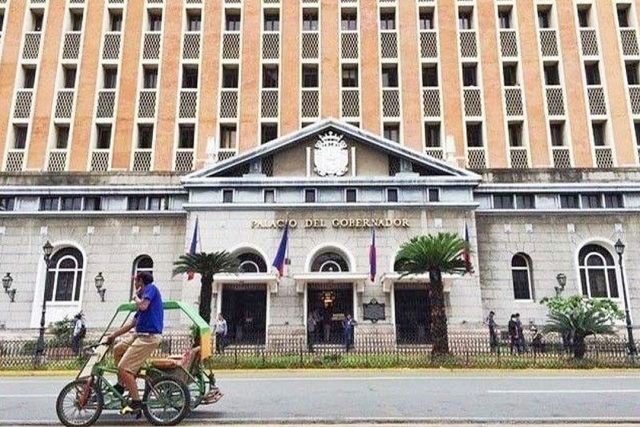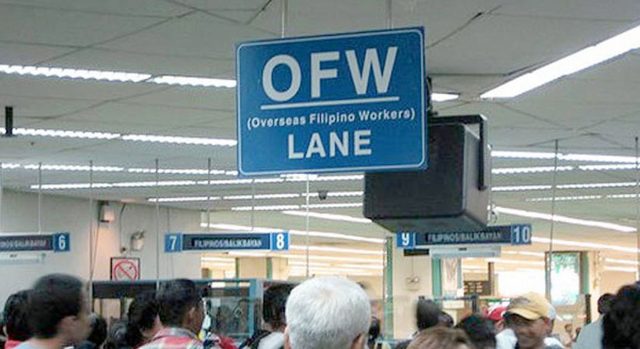To file or not to file the annual income tax return? This is not a question for corporations, as the answer will always be to file. For corporations following calendar year as their taxable period, there are only 52 calendar days left until the April 15 deadline for filing of annual income tax returns. For diligent corporate taxpayers preparing their income tax returns, the following are the general guidelines and reminders for an easy and stress-free tax return preparation.
GROSS INCOME
As a general rule, domestic corporations are taxable on all their gross income derived from whatever source unless expressly exempted from corporate income tax. There are items of income that have already been subjected to final withholding taxes or are exempt from income tax which are not included in the gross taxable income. Examples are interest income earned on bank savings, time deposits, deposit substitutes, and money market placements already subjected to final tax and so need not be included in the gross taxable income. Dividend income received from another domestic corporation is not subject to income tax. For income which was subjected to final income tax, the taxpayer must ensure that it keeps the proper withholding tax certificate or BIR Form 2306.
DEDUCTIONS FROM GROSS INCOME
To arrive at the net taxable income, the taxpayer is allowed to claim deductions pertaining to business expenses and other allowable deductions. Before claiming the deductions, the taxpayer must ensure that the deductions comply with the requirements of the BIR.
A business expense must be ordinary and necessary for the trade, business, or profession. It must be paid or incurred during the taxable year. It must also be directly attributable to the development, management, operation and/or conduct of the trade, business, or exercise of profession. In one case, the expense was disallowed by the BIR upon showing that it was incurred in a different taxable year. In another case, it was held that advertising expense is not an ordinary expense but rather an expense which must be amortized over a number of years.
The expense claimed must be substantiated with sufficient evidence, such as official receipts or other adequate records. Hence, the taxpayer must be meticulous in its record keeping to ensure that all deductions have supporting documents. As in all accounting records, the supporting documents must be kept in accordance with the retention policy of the BIR. Hard copies must be retained during the first five years, while from the sixth to the tenth year, the taxpayer may keep them as soft copies under certain conditions.
Likewise, the expense must not be contrary to law, morals, public policy, or public order. Hence, bribes, kickbacks, and other similar payments are not deductible. More importantly, if the expense is covered by the withholding tax regulations, the tax required to be deducted and withheld therefrom must have been paid to the BIR.
Recent years may have been especially hard for some clients or customers. They may be unable to pay their debts to the corporation. However, before writing off the debts for tax purposes, the rules require that:
a. There is a valid and subsisting debt due which must be valid and legally demandable;
b. The same must be connected with the trade, business, or practice of profession;
c. The same must not be sustained in a transaction between related parties under Section 36 (B) of the Tax Code;
d. The same must be actually charged off the books as of the end of the taxable year; and
e. The same must be actually ascertained to be worthless and uncollectible as of the end of the taxable year.
Ordinarily, NOLCO can be carried over as deduction from gross income for the next three consecutive years only. Pursuant to Section 4 (bbbb) of Bayanihan II and as implemented under RR No. 25-2020, the net operating loss of a business or enterprise incurred for the taxable years 2020 and 2021 can be carried over as a deduction from gross income for the next five consecutive taxable years following the year of such loss. However, the rules require that the NOLCO for taxable years 2020 and 2021 are presented in the Notes to Financial Statements separately from the NOLCO for other taxable years. Failure to comply with this requirement disqualifies the corporation from claiming the NOLCO.
If the expenses cannot be accurately accounted for or some documents are missing, the corporate taxpayer may elect to use the optional standard deduction (OSD) in lieu of the itemized deductions discussed above. OSD is equivalent to 40% of the corporation’s gross income. Gross income means gross sales/receipts less sales returns, allowances, discounts, and cost of goods sold/cost of services. However, the option to use the standard deduction must have been indicated in the first quarterly income tax return. Such election is irrevocable for the taxable year for which the return is made. A corporate taxpayer cannot use both the itemized and OSD as deductions in the same taxable year.
COMPUTATION OF INCOME TAX DUE
Domestic corporations are subject to either the 20% or 25% regular income tax on their net taxable income within and outside the Philippines.
The 20% corporate income tax applies to corporations with net taxable income not exceeding P5,000,000 and with total assets not exceeding P100,000,000 excluding land on which the business’s office, plant, and equipment are situated. Otherwise, the regular rate of 25% will apply.
A minimum corporate income tax (MCIT) of 1% on gross income shall be imposed until June 30, 2023.
The income tax due for the taxable year shall be that which is higher between the regular corporate income tax and minimum corporate income. The computed income tax due shall be reduced by income taxes paid in the first three quarters, tax credits supported by BIR Form No. 2307, prior year excess credits, and foreign tax credits, if any.
FILING OF AITR
After computing the income tax payable, the corporate taxpayer can now proceed to file an AITR. The AITR can be filed manually, or through the eBIRForms or eFPS. Note that there are certain taxpayers required to adopt a specific method for filing the AITR under the regulations.
For example, taxpayers mandated to file through the eFPS include large taxpayers, government bidders, corporations with computerized accounting system, and corporations enjoying fiscal incentives. Those required to file under the eBIRForms include top withholding agents, those who are required to file “no payment returns,” and accredited tax agents.
For those required to file electronically, filing through other means may be subject to penalties for filing at the wrong venue.
Payment of taxes will depend on the required mode of filing the AITR. Available payment modes include payment through authorized agent banks (AABs), revenue collection officers (RCOs), or the ePayment portal of the BIR.
SUBMISSION OF REQUIRED ATTACHMENTS TO THE AITR
Note that aside from filing and paying taxes, corporate taxpayers are required to submit to the BIR the following attachments to their annual income tax return:
• Duly filed BIR Form No. 1702RT/MX signed by an authorized officer or signatory with filing reference number or tax return receipt confirmation;
• Certificate of independent CPA duly accredited by the BIR;
• Audited financial statements;
• Statement of management responsibility for annual income tax return;
• BIR Form Nos. 2304 and 2307, if applicable;
• Proof of prior year tax credits or foreign tax credits, if any;
• Validation report of Summary Alphalist of Withholding Agents of Income Payments subjected to Withholding Tax at Source (SAWT) submitted to esubmission@bir.gov.ph; and
• BIR Form No. 1709 (Information Return on Transactions with Related Party), if applicable.
The taxpayer has the option to submit the required attachments manually or online (i.e., upload in eAFS). Hard copies of the documents submitted through the eAFS should be kept. These may be required by the BIR in the event of audit/investigation.
For taxpayers with tax payable and who have opted to submit manually, the attachments must be submitted to AAB on or before April 15. If without tax payable, the attachments must be submitted to the Large Taxpayers (LT) Division/RDO where the corporation is registered within 15 days from April 15 or the date of filing of the AITR, whichever comes later.
For electronic filers who opt to submit manually, the attachments shall be submitted to the LT Division/RDO where the corporation is registered within 15 days from April 15 or the date of filing of AITR, whichever comes later. For corporations who opt to submit through the eAFS, regardless if manual or electronic filers, attachments shall be uploaded to the eAFS within 15 days from April 15 or the date of filing of AITR, whichever comes later.
There are numerous items to consider in preparing or computing annual income tax due. It is important that these guidelines in preparing and filing corporate income tax are followed. As corporate citizens, paying the correct taxes on time is a sacred duty and a moral imperative. Now more than ever, the government is hard pressed to finance various expenditures related to the COVID-19 pandemic. For this gargantuan task, we need the contribution of each and every taxpayer.
Let’s Talk Tax is a weekly newspaper column of P&A Grant Thornton that aims to keep the public informed of various developments in taxation. This article is not intended to be a substitute for competent professional advice.
Sharmaine Louise P. Sanchez is a senior in charge from the Tax Advisory & Compliance division of P&A Grant Thornton, the Philippine member firm of Grant Thornton International Ltd.
pagrantthornton@ph.gt.com

